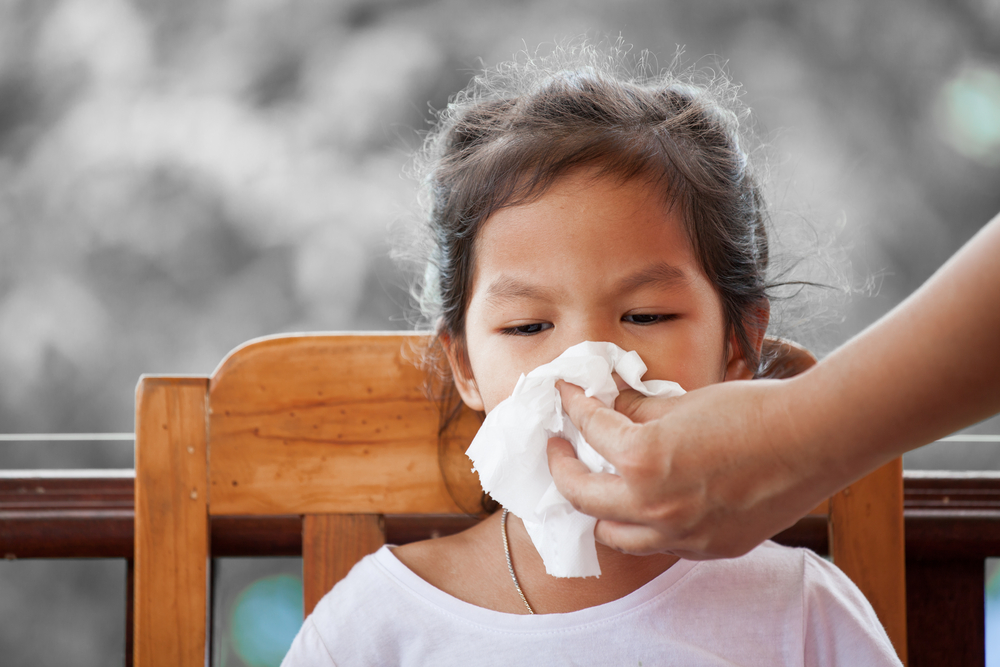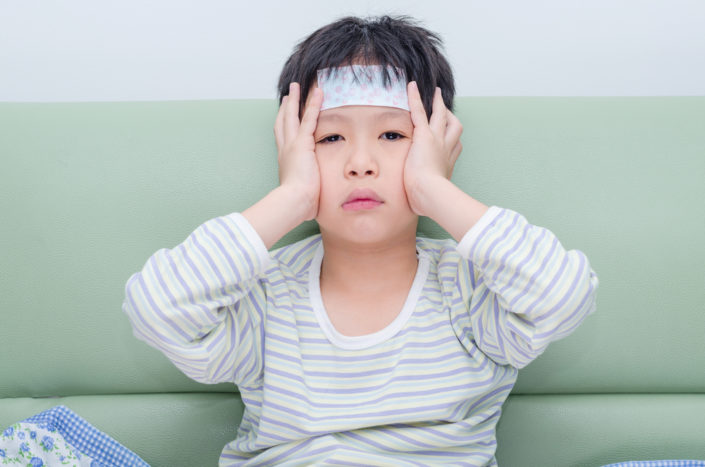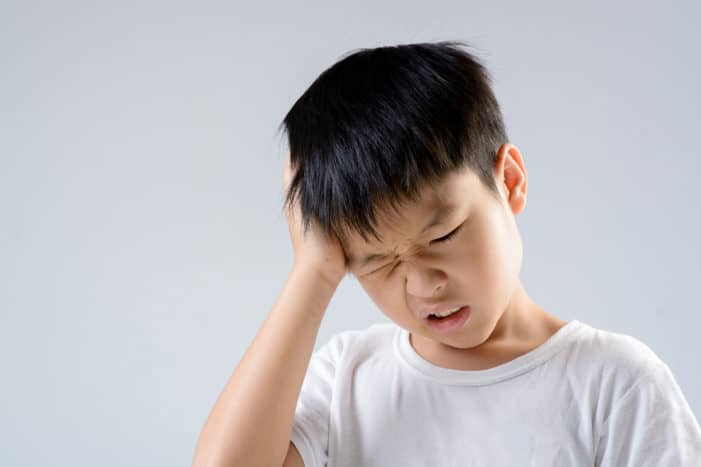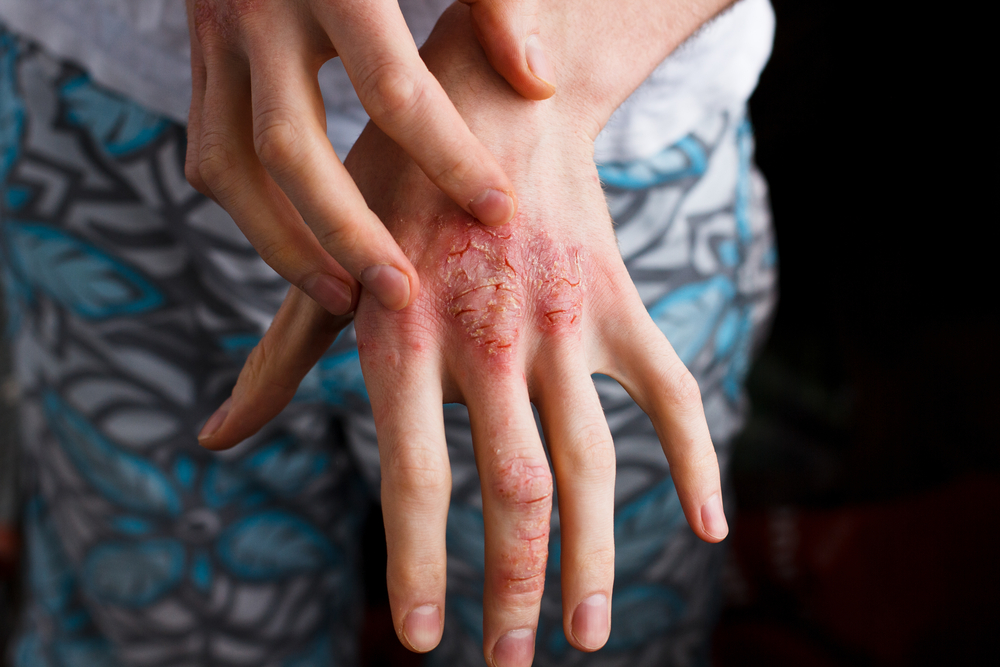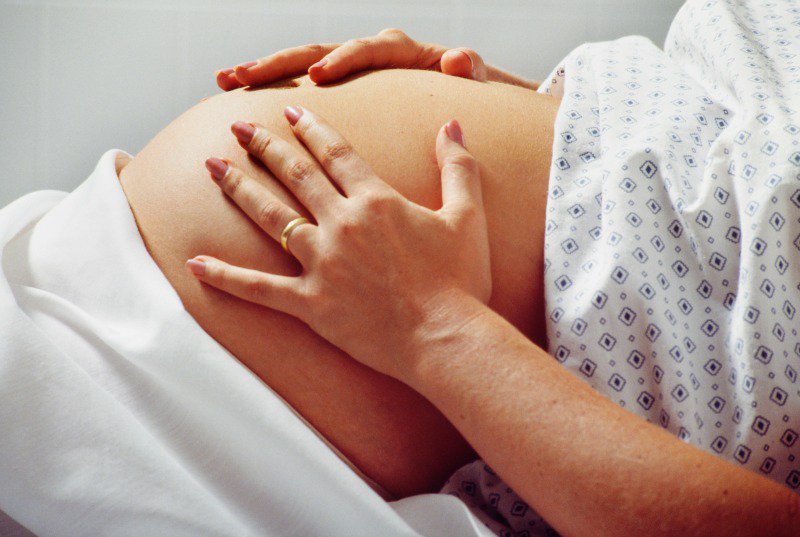Contents:
- Medical Video: Science for kids - Nose Bleeds | Operation Ouch | Experiments for kids
- Causes of nosebleeds accompanied by headaches in children
- 1. Allergic rhinitis
- 2. Sinusitis
- 3. Anemia
- 4. High blood pressure
- What should parents do?
Medical Video: Science for kids - Nose Bleeds | Operation Ouch | Experiments for kids
Nosebleeds are very common in children. Nosebleeds usually occur when the child is exhausted or picking his nose too deeply. Even so, you cannot just underestimate this condition. Especially if nosebleeds accompanied by headaches. What are the causes of nosebleeds accompanied by headaches in children?
Causes of nosebleeds accompanied by headaches in children
The cause of nosebleeds accompanied by headaches in children can be a symptom of an illness. Pay attention to any symptoms and medical history of the child to consider further doctor care. Some conditions that cause children to experience nosebleeds and headaches, including:
1. Allergic rhinitis
Rhinitis allergy (hay fever) attacks the child's respiratory tract, especially the nose. This allergy indicates that the child is very sensitive to pet dander, dust, mites, fungi and pollen. When exposed to allergens (triggers for allergies), he will feel symptoms of itchy and runny nose, fever, migraine, and watery eyes.
All symptoms that occur in the nose can increase the risk of nosebleeds. Itchy and runny nose, making the child repeatedly rub his nose. The nose that has many small blood vessels (arterioles) constantly gets stressed so that it can break at any time. Usually this condition occurs in children who have severe allergic reactions.
2. Sinusitis
Besides allergies, sinusitis also attacks the respiratory tract. Sinusitis is inflammation of the nasal cavity due to bacteria, viruses, or fungi. This condition is very easy to develop when you have a cold or flu.
Just like allergies, sinusitis makes the nose itchy, runny, or stuffy. It's just that sinusitis causes typical symptoms, namely pain in the area of the nose, eyes, and front of the head. This discomfort in the nose can keep the child from wiping his nose. As a result, blood vessels around the nose can rupture and cause nosebleeds.
3. Anemia
One type of anemia, namely aplastic anemia or hypoplastic anemia can be the cause of nosebleeds accompanied by headaches in children. This condition indicates that the child's body cannot produce red blood cells properly. The cause is damage to stem cells in the spinal cord that produce red blood cells, white blood, or platelets.
This condition is rare and can be fatal. Therefore, you should pay attention to the symptoms such as the body easily tired, pale skin, bleeding gums, easy infection and difficult blood to stop, bruising on the body, shortness of breath, and skin rashes.
4. High blood pressure
High blood pressure (hypertension) is indeed not common in children. However, if the child is inactive, has a poor diet, is obese, or has a history of other diseases, hypertension can occur.
In general, hypertension in children does not cause symptoms. But in severe cases, this condition can cause children to experience headaches, nosebleeds, nausea, blurred vision, and heart palpitations (abnormal heartbeat).
What should parents do?
Nosebleeds and headaches due to sinusitis and allergies can be treated at home. Then, the symptoms of other diseases can be alleviated by medication according to the doctor's prescription. Maintaining personal hygiene, such as diligent hand washing and avoiding allergens can prevent sinus or allergic relapse.
Meanwhile, nosebleeds and headaches due to hypertension and anemia. Immediate treatment from a doctor is needed. The child may need to be hospitalized, followed by outpatient care to monitor the condition of the body.
If your child experiences nosebleeds without obvious causes and occurs more than 10 minutes. Immediately bring the child to the doctor to get a diagnosis of the disease as well as appropriate treatment.

